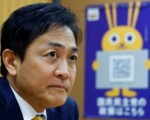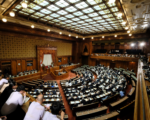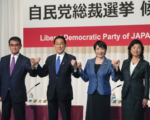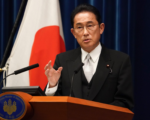Japan’s Ruling Coalition Loses Majority in National Election, Future Government Composition Uncertain
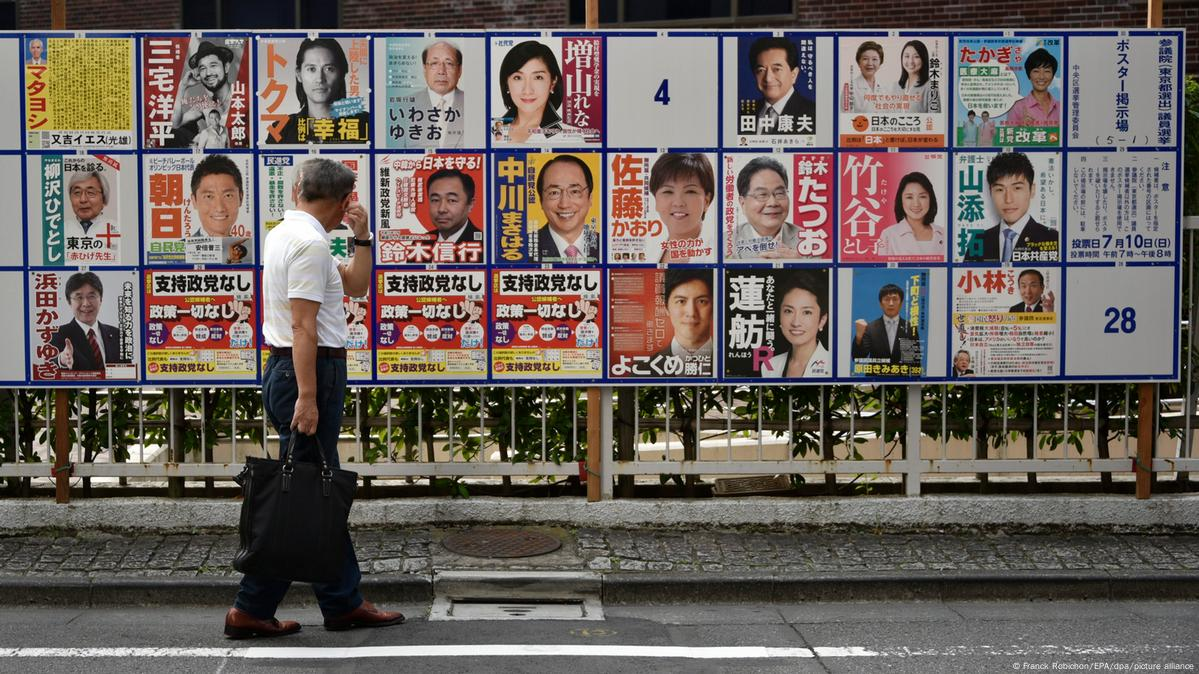
Japan’s ruling coalition suffered a significant loss in the recent national election, failing to secure a parliamentary majority and sparking questions over the future of the world’s fourth-largest economy. Prime Minister Shigeru Ishiba’s Liberal Democratic Party (LDP), which has dominated Japan’s post-war political scene, and its coalition partner Komeito, collectively won 209 of the 465 seats, a sharp decline from their previous total of 279, according to NHK reports. This result marks the coalition’s most severe setback since 2009 when they briefly ceded power.
Addressing the defeat, a solemn Ishiba acknowledged the election’s challenges, while Komeito’s newly appointed leader Keiichi Ishii lost his own district seat. The primary opposition, the Constitutional Democratic Party of Japan (CDPJ), capitalized on public dissatisfaction, capturing 143 seats compared to 98 in the previous term. Voter frustration stemmed from a funding scandal and ongoing inflation, fueling a stronger opposition presence and complicating Ishiba’s pathway to solidifying his government.
The outcome may necessitate contentious coalition-building, introducing potential instability as Japan contends with economic challenges and rising tensions in East Asia. CDPJ leader Yoshihiko Noda expressed optimism, calling this “not the end, but the beginning” and signaling potential collaborations with other opposition groups to seek a change in government. Ishiba, meanwhile, indicated he would consider coalition options once all votes are counted.
This election occurred shortly after Ishiba assumed the LDP leadership, seeking a mandate to support his premiership. His predecessor, Fumio Kishida, resigned amid decreasing approval driven by rising living costs and unrecorded political donations scandals. The timing also coincided with an impending U.S. election, with analysts suggesting the Japanese markets, including the yen and government bond yields, are likely to face volatility due to this heightened uncertainty.
“The voters’ verdict on the ruling coalition was harsher than anticipated,” observed Mizuho Research and Technologies’ Saisuke Sakai, expecting an immediate market reaction, particularly a sell-off among foreign investors.
Smaller parties like the Democratic Party for the People (DPP) and the Japan Innovation Party could now play critical roles in forming a viable government. The DPP has secured 27 seats, and the Innovation Party has 35 seats, though both diverge from the LDP’s policies. DPP chief Yuichiro Tamaki has indicated a cautious openness to cooperation, but Innovation Party leader Nobuyuki Baba has rejected any alliance with the LDP. Key policy differences include the DPP’s proposal to cut Japan’s sales tax until wages increase and the Innovation Party’s push for tighter political donation regulations.
The fractured political environment could pose challenges for the Bank of Japan (BOJ) as it balances maintaining low-interest rates against pressures to support the yen. With opposition parties divided on monetary policy, pursuing economic goals, such as defense tax funding, could become more challenging without a strong governing coalition.







